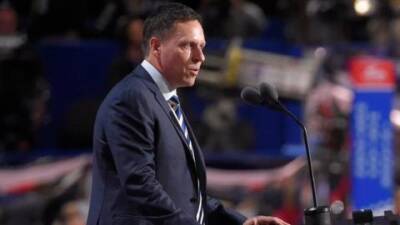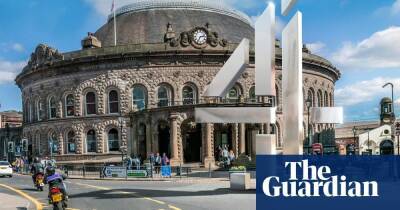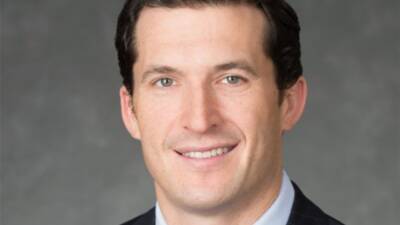How the British upper class became servants to the global elite
Britain is good at wealth. Not necessarily at generating it, or distributing it in ways that make a contented society, but at looking after it, helping it grow and making it respectable – converting it into social and cultural capital. For centuries, British bankers, lawyers, accountants and other assistants to the wealthy have discreetly performed these roles.
Their customers used to be mostly British: slave traders, self-made industrialists, people who had extracted fortunes from our colonies. But in recent decades, foreigners have become the main beneficiaries of Britain’s readiness to serve the rich regardless of how they made their money. So significant is this change that Britain has become “butler to the world”, according to a persuasive new book by the anti-corruption campaigner and journalist Oliver Bullough.
Other secretive countries, such as Switzerland, have been doing it for longer. Yet Britain has offered oligarchs an unusually broad range of opportunities, from the chance to own famous football clubs to money laundering through prestige property; from private educations for their children to a ruling party that isn’t squeamish about who funds it.
The economic crime bill, finally going through parliament after years of delays, may reduce this activity: by requiring that foreign owners of land and property be more clearly identified, and by making investigations easier into those with “unexplained wealth”. Sanctions against some Russian oligarchs after the invasion of Ukraine are bringing parts of Londongrad to an abrupt halt. But Bullough says these belated measures don’t go nearly far enough. Meanwhile the capital and the plushest home counties suburbs will go on servicing plutocrats from elsewhere.
For a
Read more on theguardian.com





















